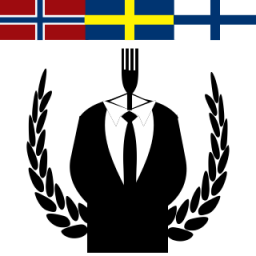
Presentation
The Dunning–Kruger effect is a cognitive bias manifesting in unskilled individuals suffering from illusory superiority, mistakenly rating their own ability much higher than is accurate. This bias is attributed to a metacognitive inability of the unskilled to recognize their ineptitude. Conversely, people with true ability tend to underestimate their relative competence based on the erroneous or exaggerated claims made by unskilled people.
Dunning and Kruger proposed that, for a given skill, incompetent people will:
1. fail to recognize their own lack of skill;
2. fail to recognize genuine skill in others;
3. fail to recognize the extremity of their inadequacy;
4. recognize and acknowledge their own previous lack of skill, if they are exposed to training for that skill.
Dunning and Kruger proposed that, for a given skill, incompetent people will:
1. fail to recognize their own lack of skill;
2. fail to recognize genuine skill in others;
3. fail to recognize the extremity of their inadequacy;
4. recognize and acknowledge their own previous lack of skill, if they are exposed to training for that skill.
Porphyrogenitus is only sharing this with friends.
Soldiers

 Norway
Norway




